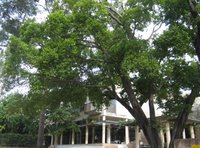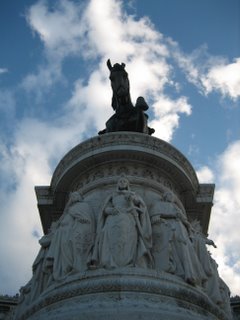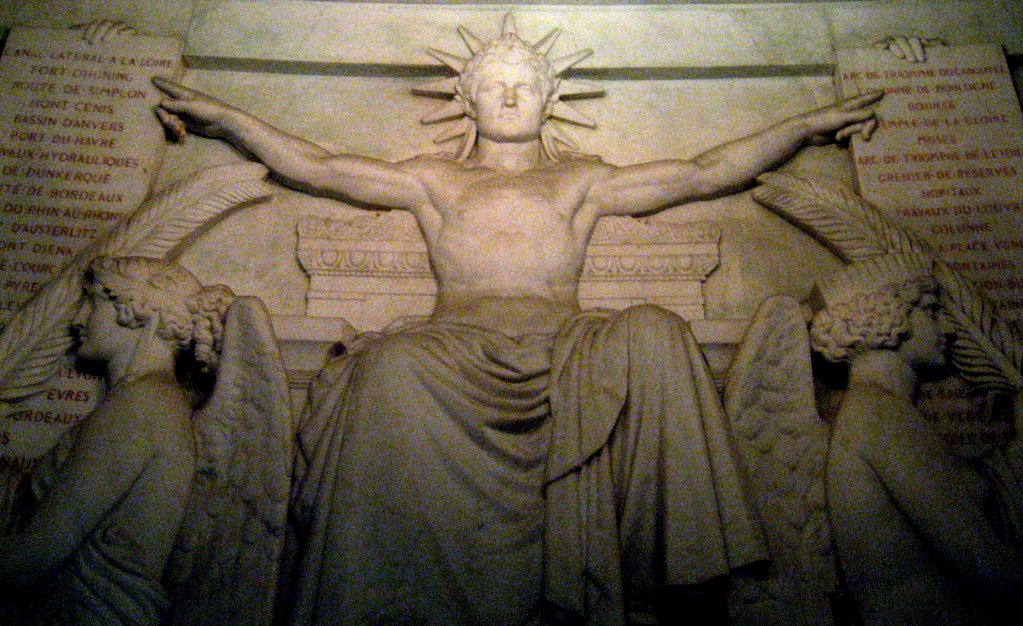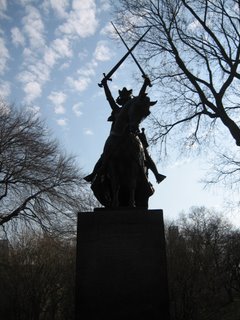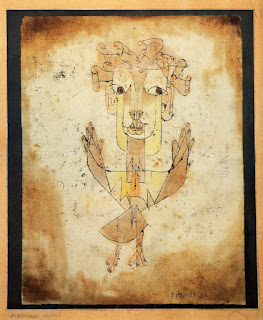An uncomfortable passage

And Jesus sat down opposite the temple treasury and watched the people throwing money into the treasury. Many rich people threw in large sums. And a poor widow came and threw in two small copper coins, which make a penny. And he called his disciples to him and said to them, "Truly, I say to you, this poor widow has thrown in more than all those who are throwing into the treasury. For they all threw in of their abundance, but she out of her poverty has thrown in everything she had, her entire life." (Mark 12.41-44)
How many times have you heard a sermon extolling generosity based on this passage? If this poor little widow could give her little bit, though it cost her so much, how can we who are so wealthy not be giving more?
Now generosity is crucial and even giving till it hurts can be commendable (
2 Cor 8.1-5), but I'm not convinced that this has very much to do with this passage. In fact, I wonder whether it mightn't be to turn the passage almost on its head!
The context of the passage is a section of Mark that begins with Jesus' triumphant arrival in Jerusalem in chapter 11 and which leads into his trial, passion and death. One of the major themes of this section, culminating in the temple veil being torn in two (Mark 15.38), is of a confrontation between Jesus and the Temple in Jerusalem. In particular, chapters 11 and 12 are filled with direct and indirect conflict. Jesus arrives with a bang, but having got to the temple, where we might expect fireworks, he almost dismisses it and goes home (11.1-11). The cursing of the fig tree (11.12-14, 20-24) is an image of the fruitless Temple, facing its own destruction, as is clear from the incident sandwiched in the middle: Jesus' dramatic actions in the Temple which disrupted the regular sacrifice (11.15-19). I suspect that this is more an enacted parable of destruction than a 'cleansing', but that is a discussion for another day. The next day, Jesus is again in the Temple, and there is a showdown with the Temple authorities ('the chief priests, the scribes, and the elders') over the source of his authority (11.27-33). Having evaded their question with one of his own, he then goes on the offensive, telling a biting parable about some tenants, which they correctly understand is about, and against, them (12.1-12). Their counteroffensive is a cunning trap of a question about taxes, which Jesus again uses to turn the tables on them (12.13-17). That Jesus asks
them for a coin shows that they carry and use the idolatrous coins that bear the 'image' of a hated pagan deity (the emperor). The puny little 'image' of the emperor, the emperor can keep; but the image of God is to be given to God. The next round comes from the Sadducees and again Jesus emerges victorious while they are shown to be 'quite wrong' (12.18-27). After a brief
rapprochement with one scribe, who is starting to get it (12.28-34), Jesus pushes forward the heart of his claim about the superiority of the messiah with a riddle from Psalm 110 (12.35-37). Throughout Mark 11 and 12, Jesus has been at the throat of the temple, revealing the corruption, impending judgment and subsequent obsolescence of the temple regime.
And so we come to our passage: not just Mark 12.41-44, but 12.38-44 since verses 38-40 are crucial for understanding the widow:
And in his teaching he said, "Beware of the scribes, who like to walk around in long robes and like greetings in the marketplaces and have the best seats in the synagogues and the places of honor at feasts, who devour widows' houses and for a pretense make long prayers. They will receive the greater condemnation."
When Jesus immediately then goes to watch what happens at the temple treasury (v.41), we have been prepared to see this for what it is: an illustration of how the scribes who run the temple are devouring the house of a widow, all she had to live on, indeed literally, 'her entire life'. Whether or not this was a 'freewill' offering or a compulsory payment, this temple system has eaten another widow. She has not just given until it hurts, but the temple has taken away her very life. There is no criticism of the widow, but neither is there simple commendation of her as an example of generosity. She is an innocent bystander, a casualty of the temple, pointlessly sacrificed by the very scribes who will soon go on to devour Jesus' life too.
Is it any wonder that having seen this heartwrenching scene of oppression, Jesus immediately lauches into his most furious and sustained attack on the temple, openly predicting its very destruction:
And as he came out of the temple, one of his disciples said to him, "Look, Teacher, what wonderful stones and what wonderful buildings!" 2And Jesus said to him, "Do you see these great buildings? There will not be left here one stone upon another that will not be thrown down."

